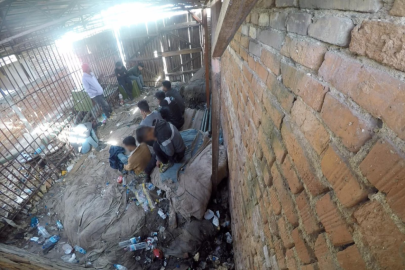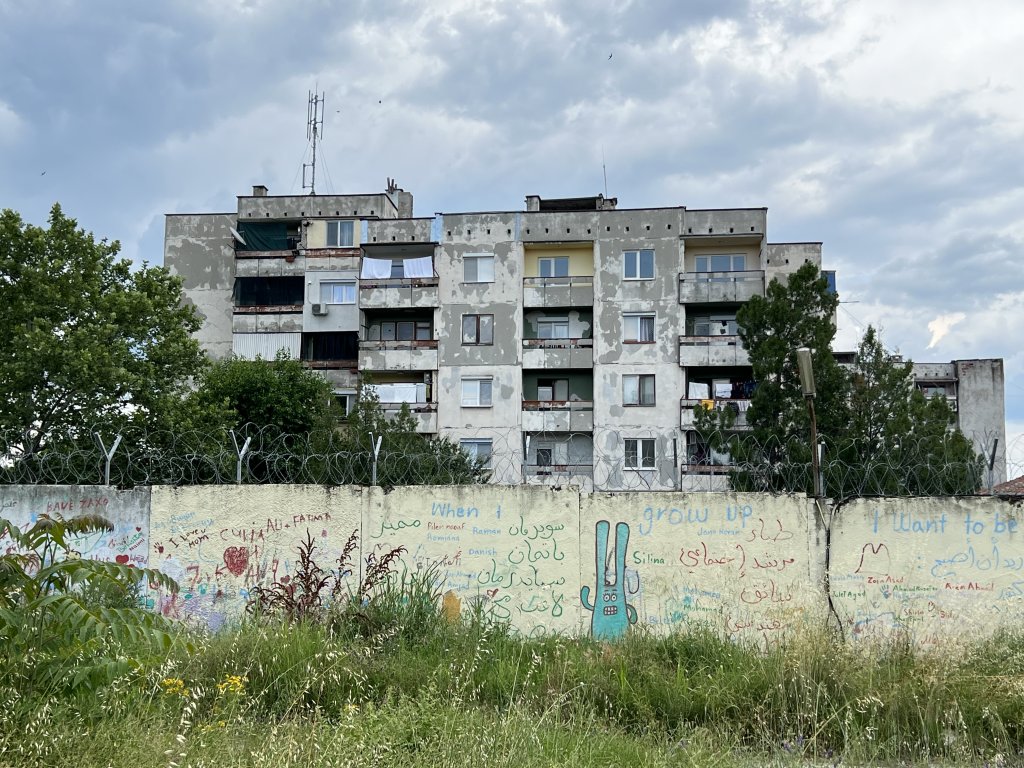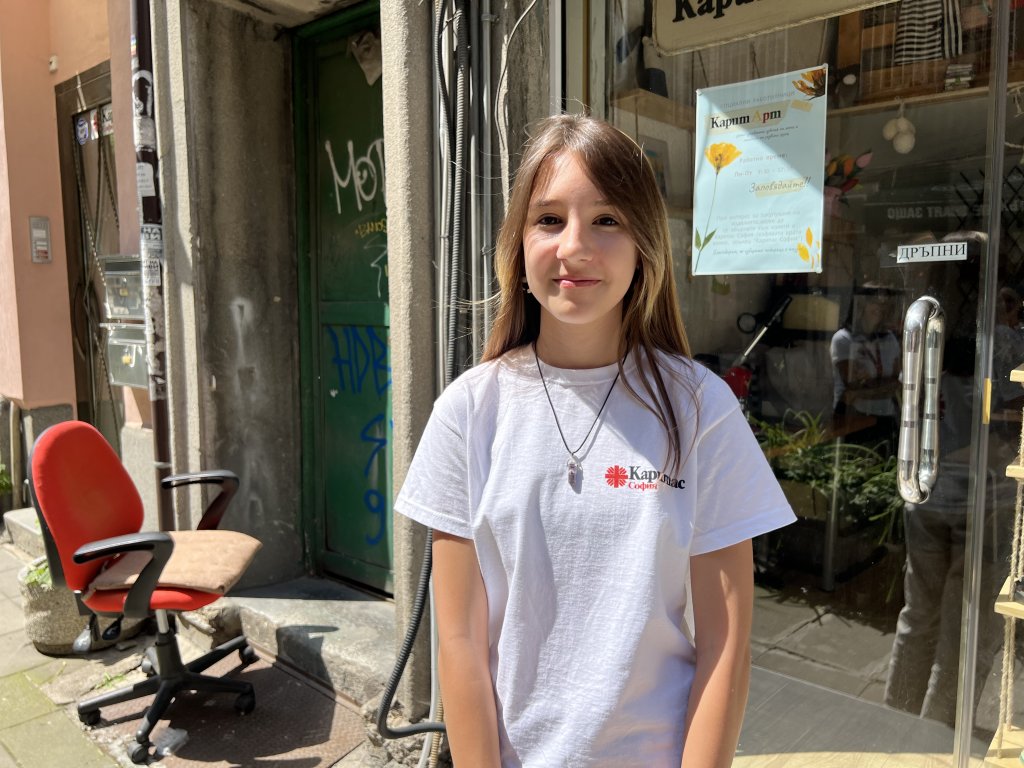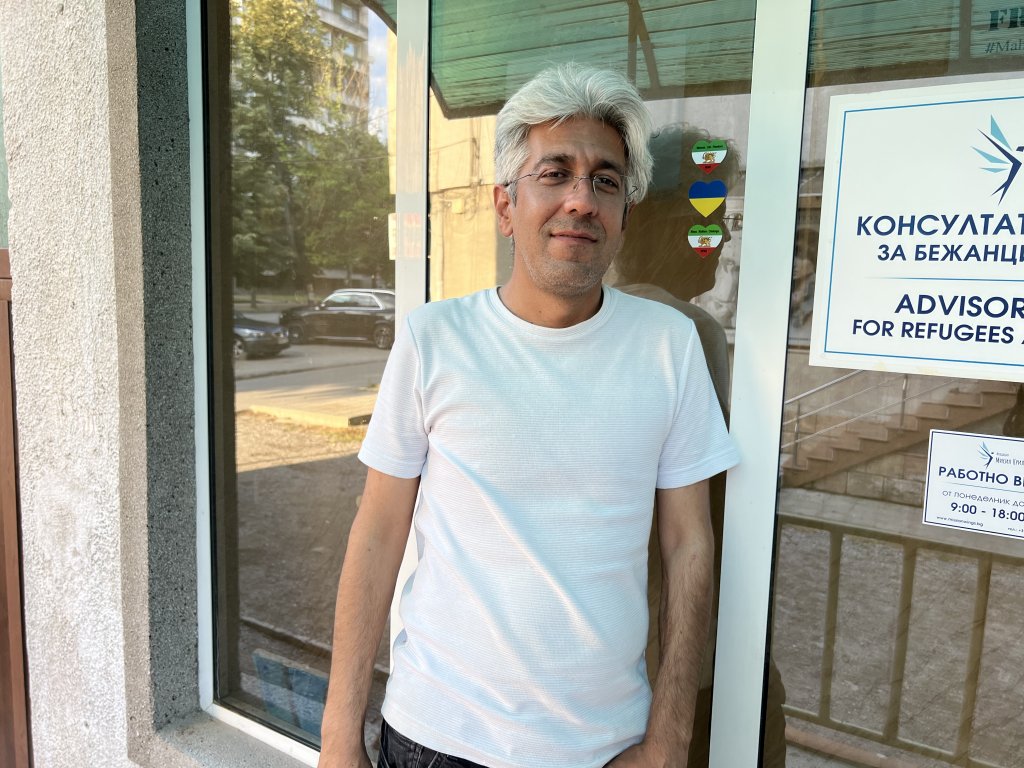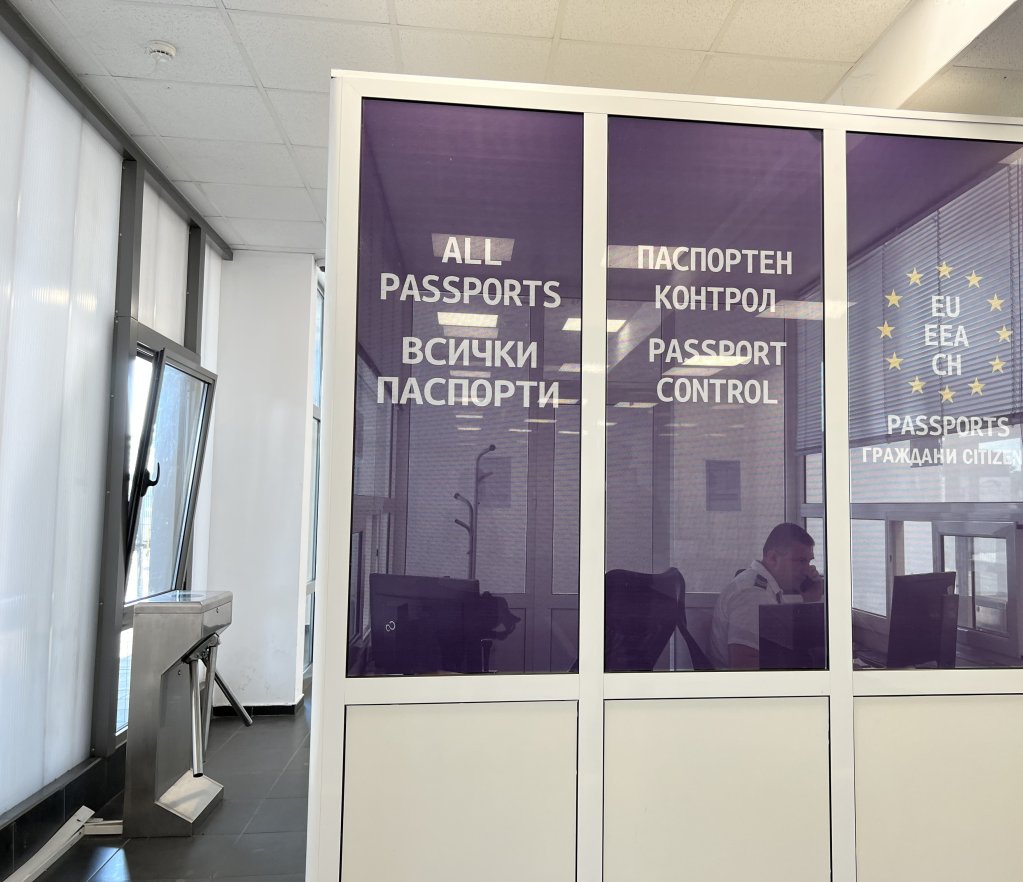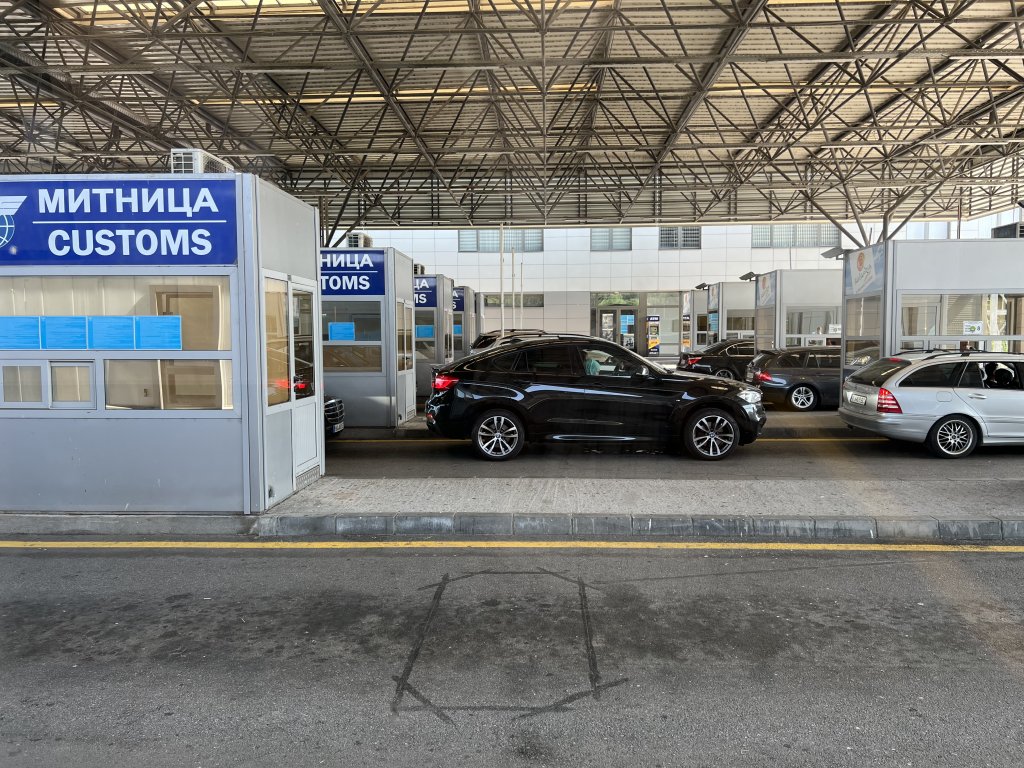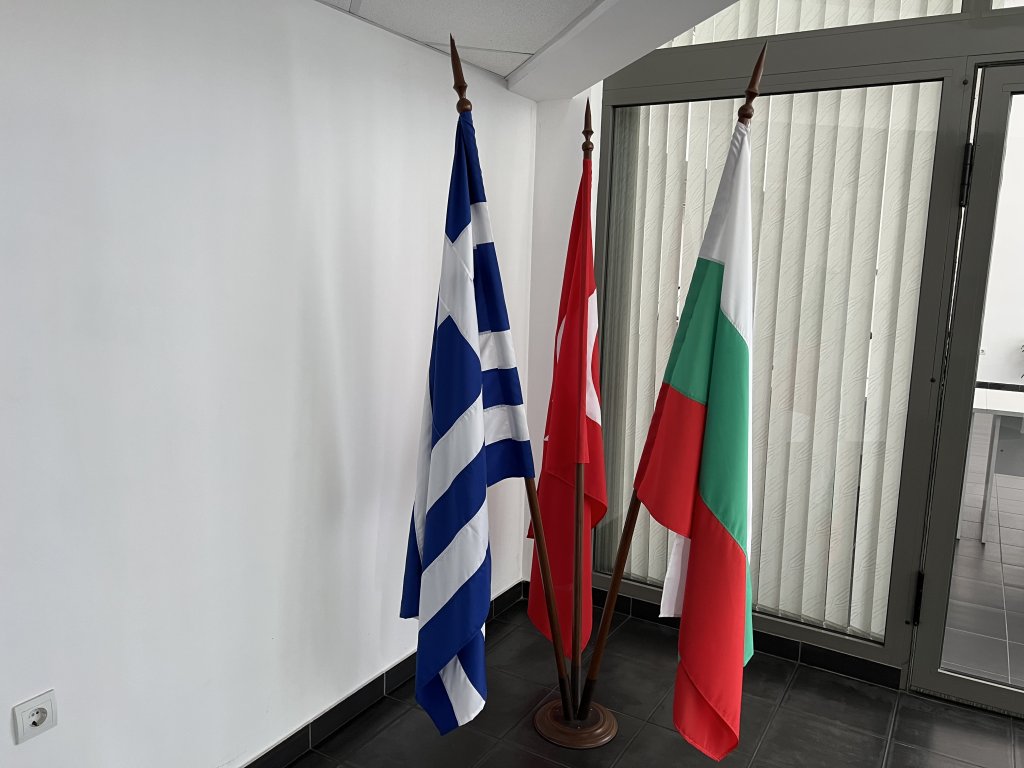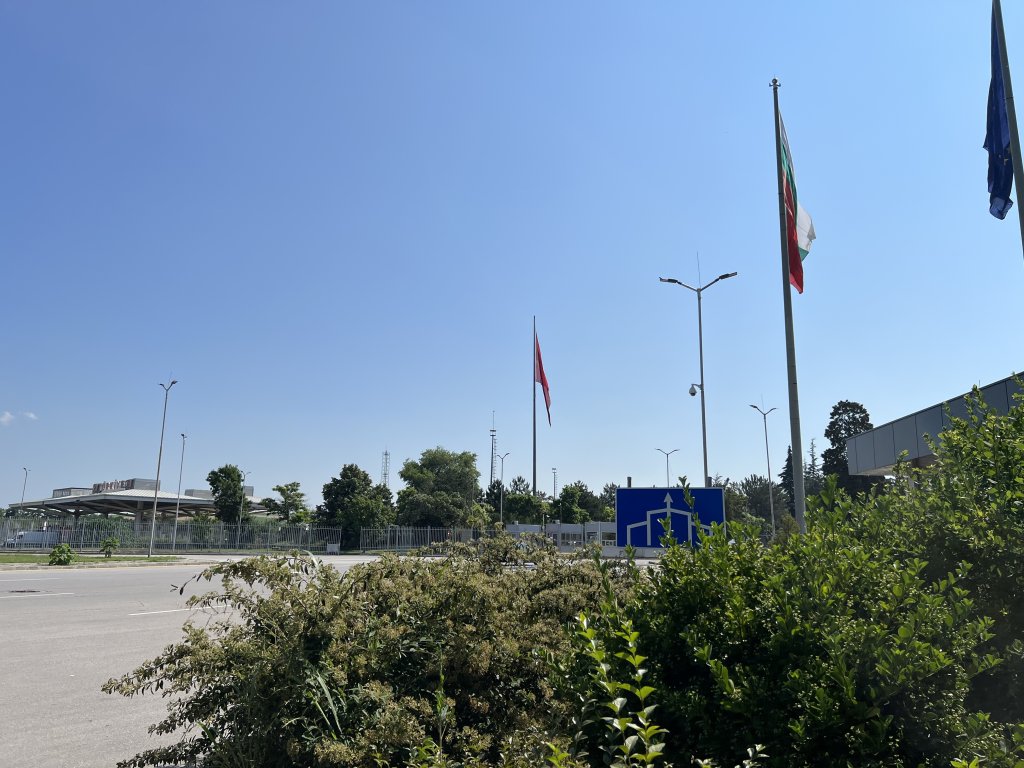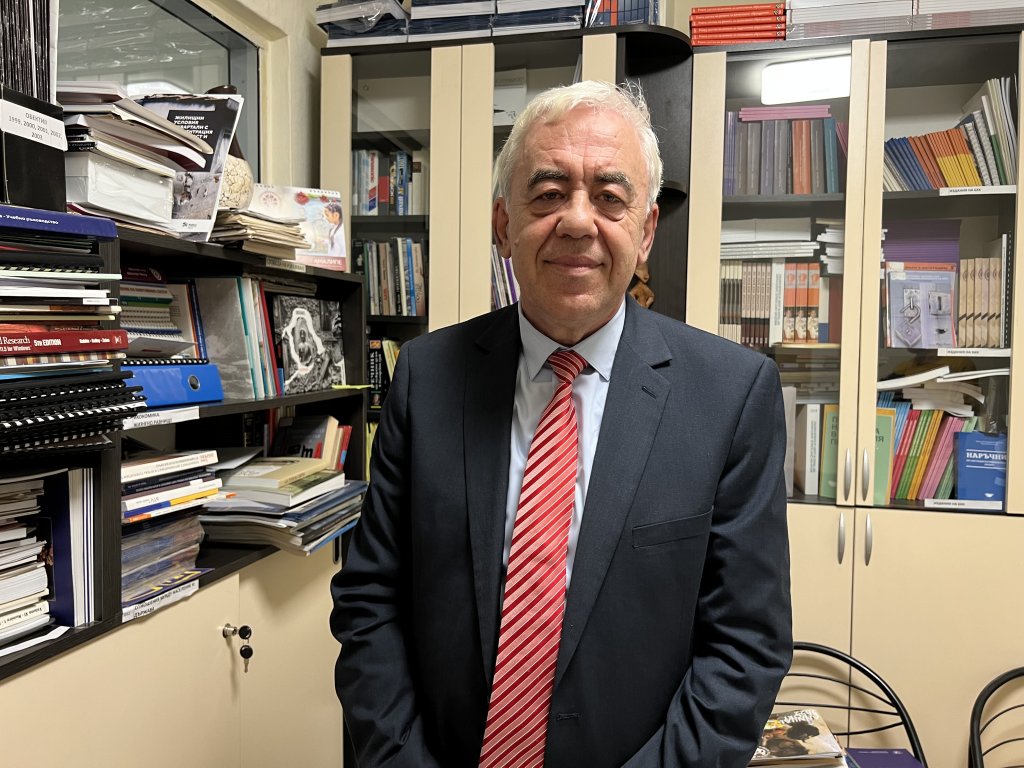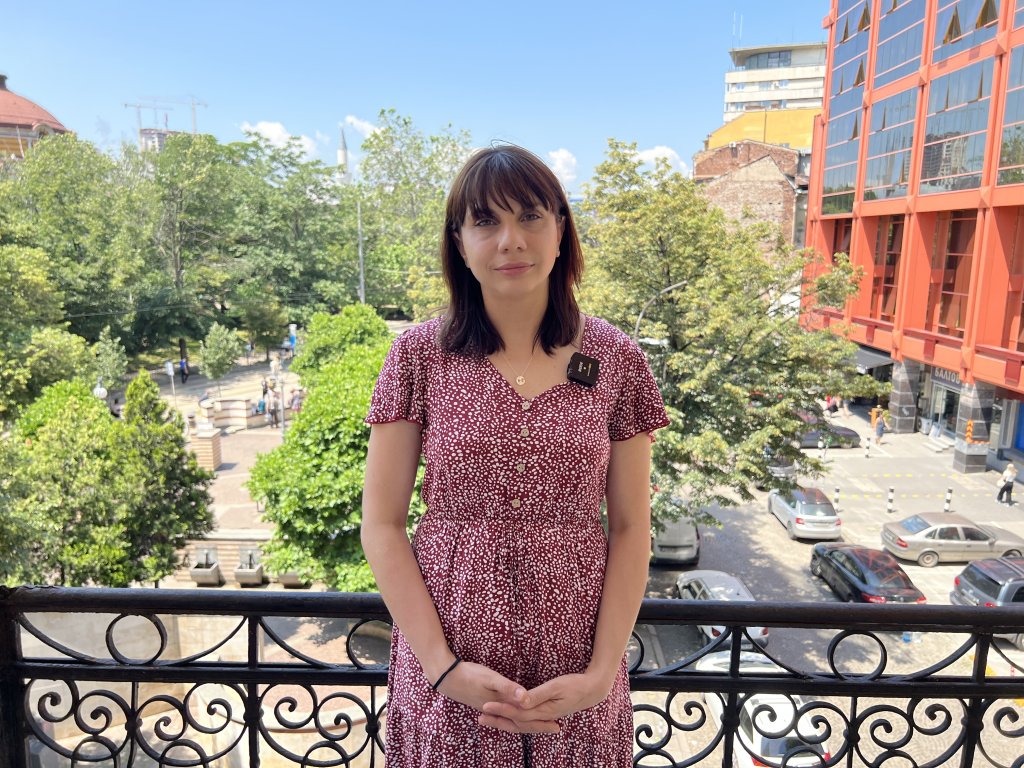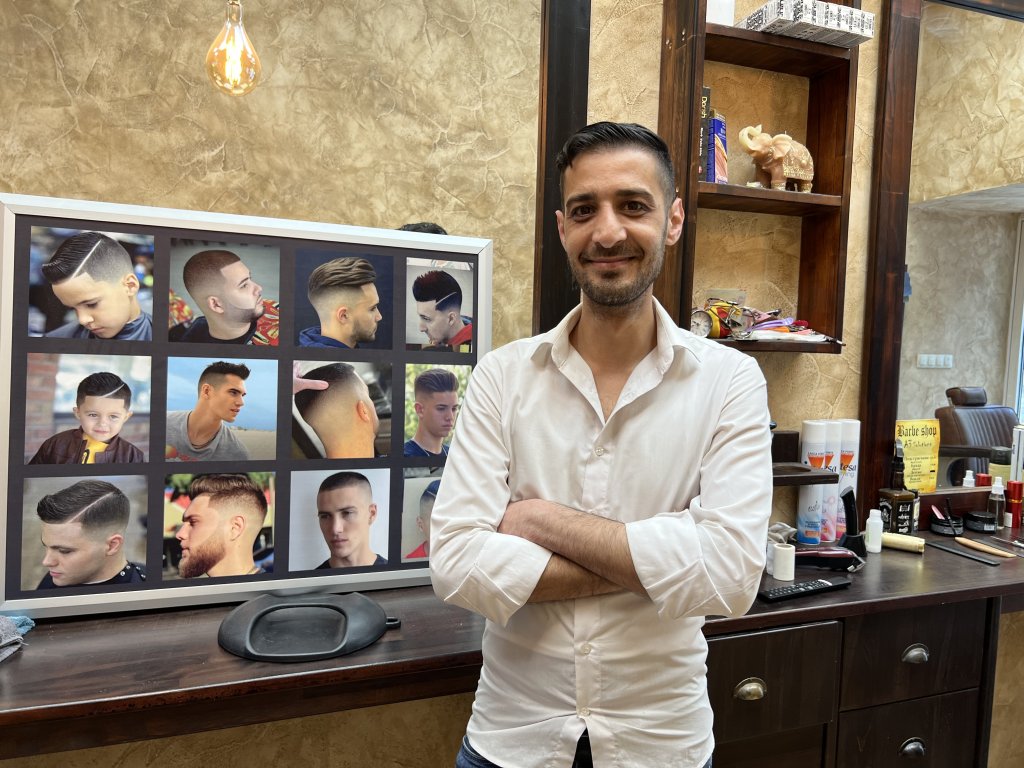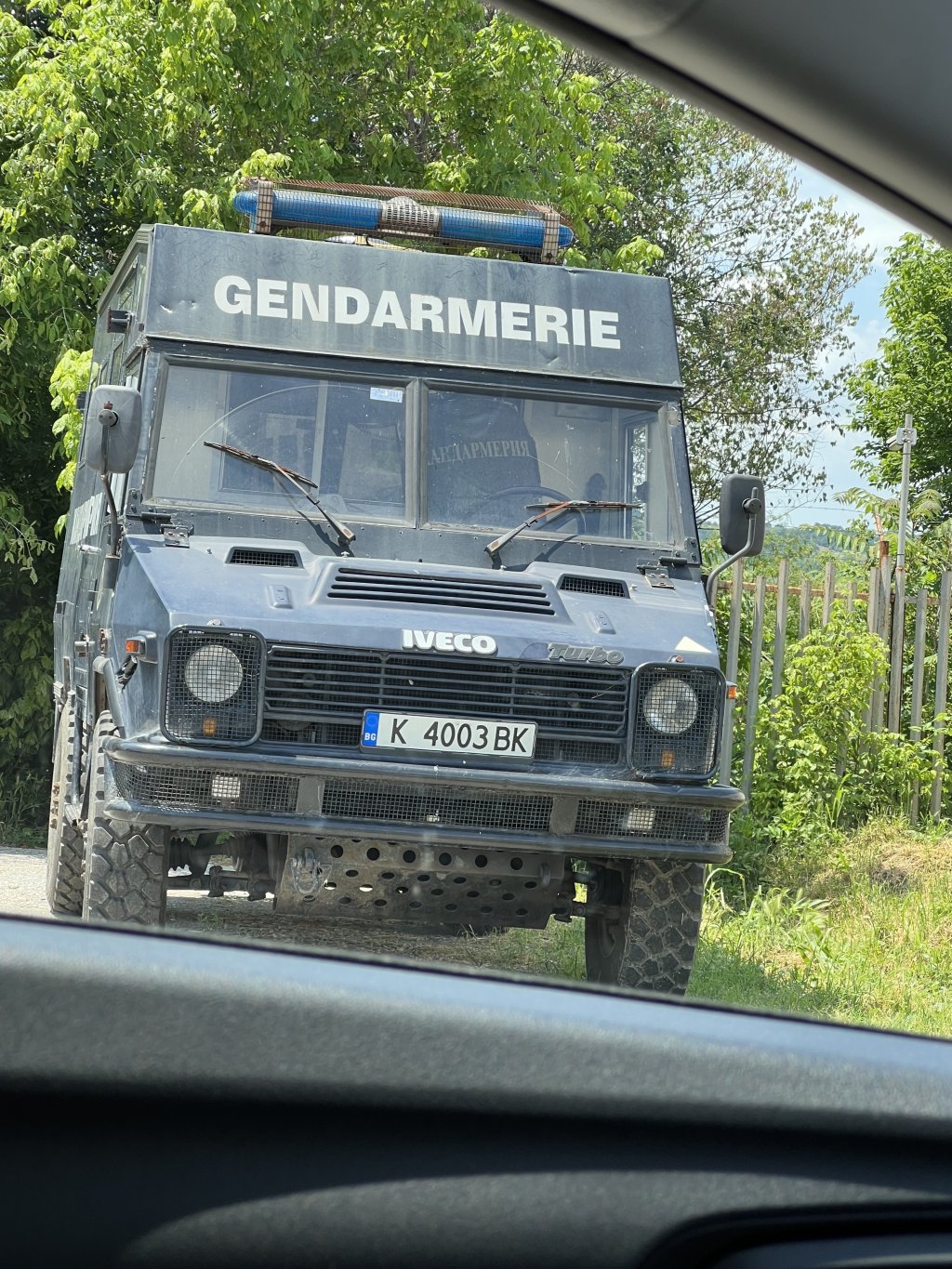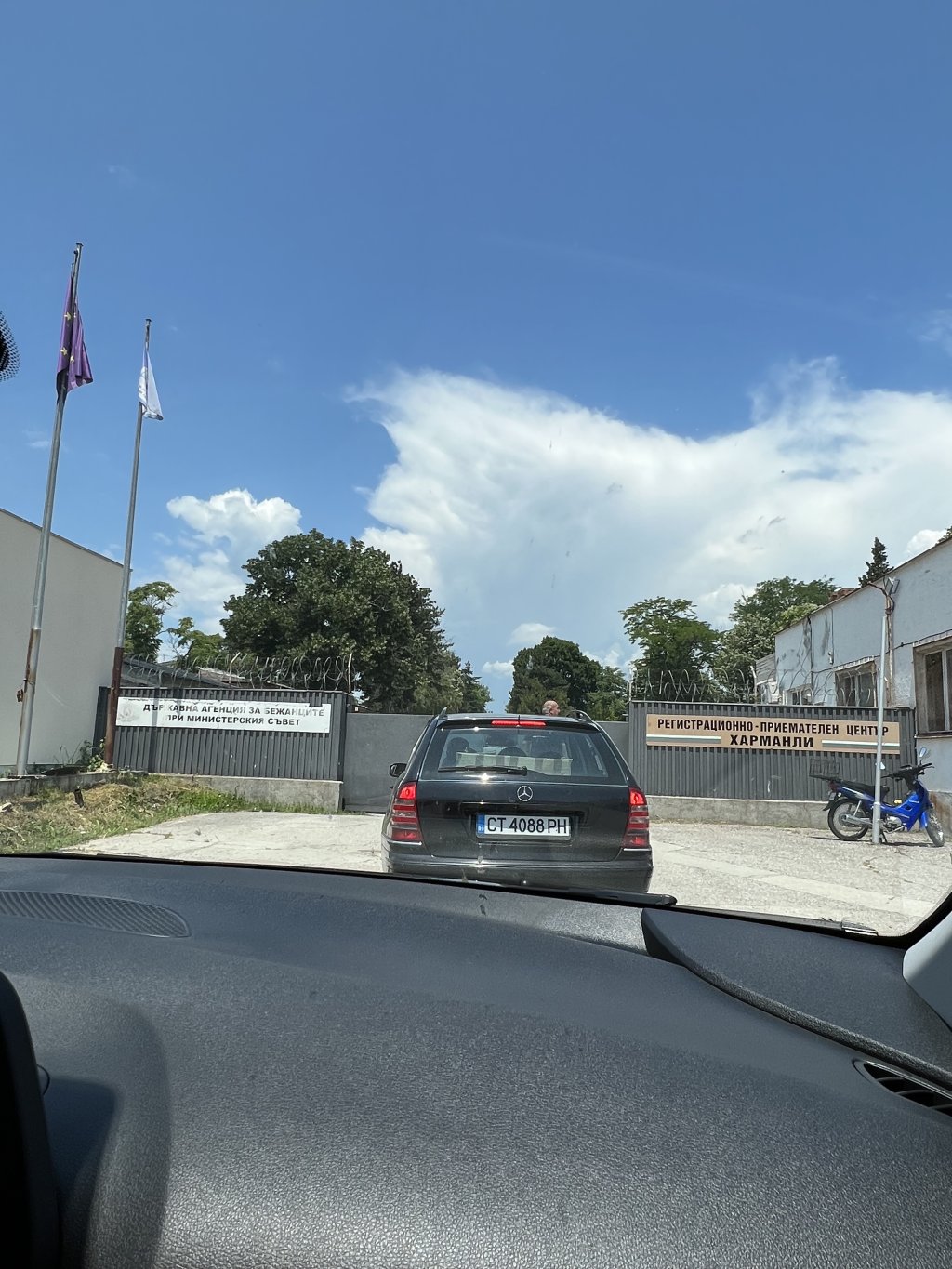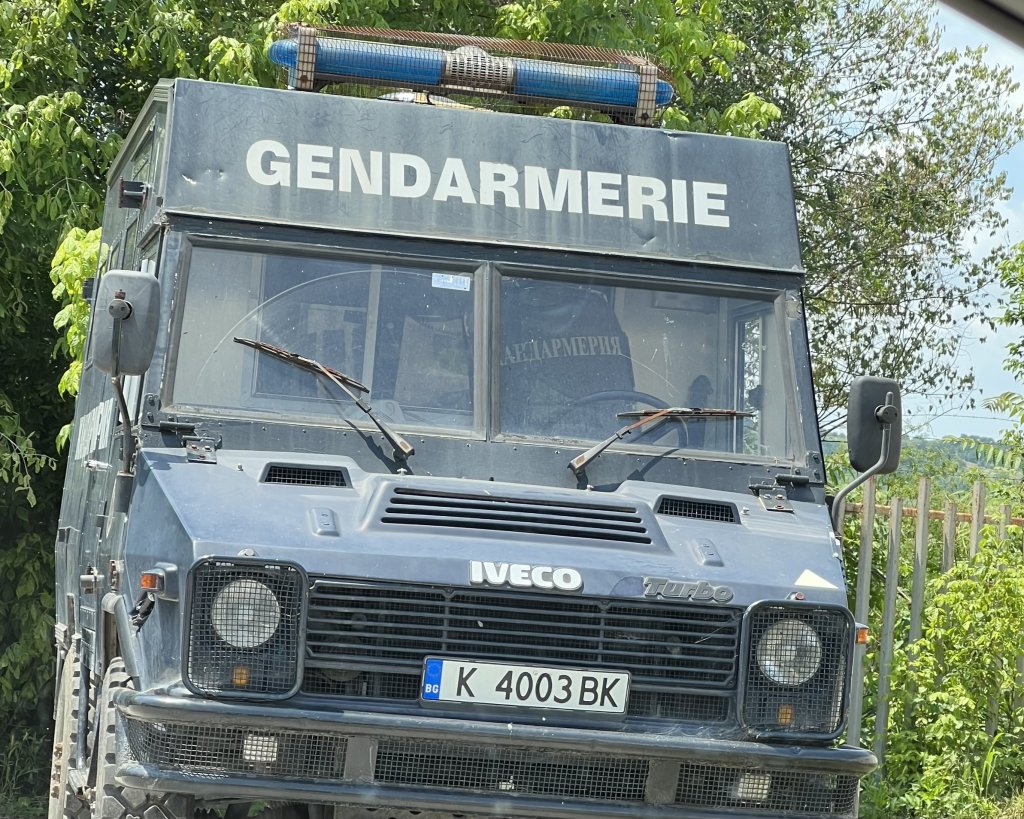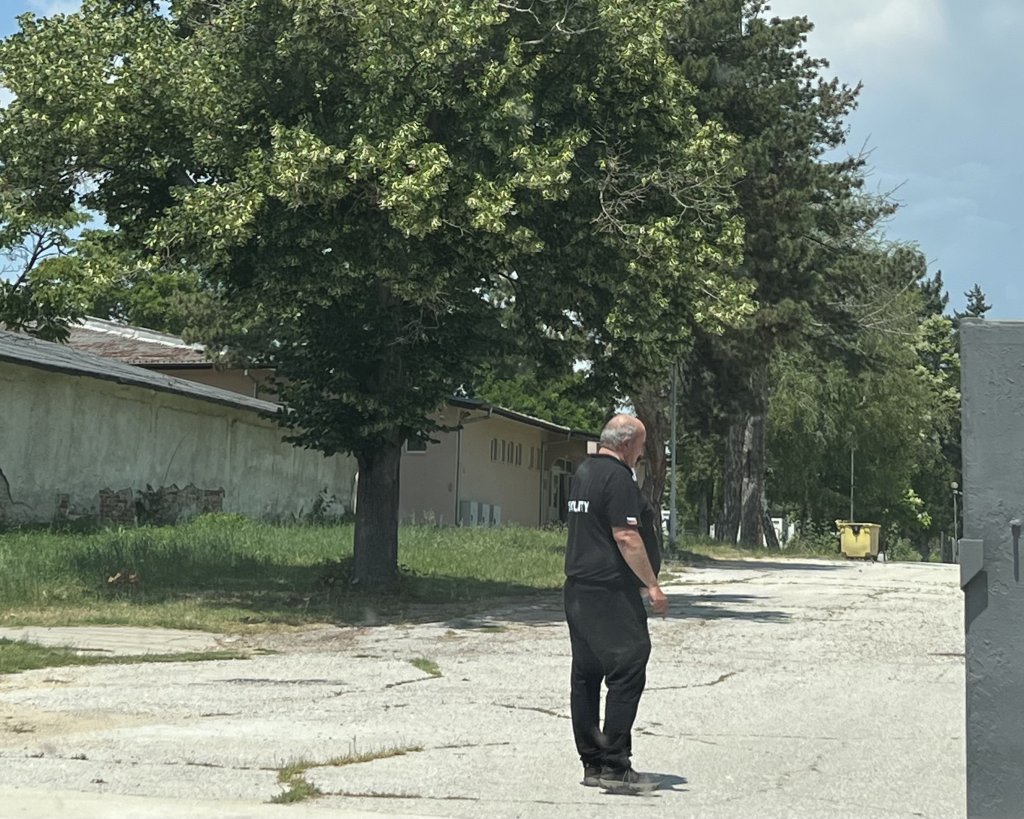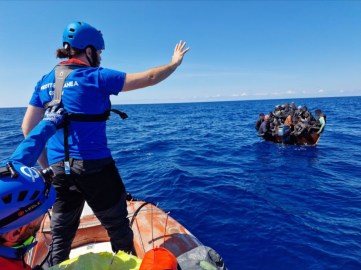Bulgaria migrant pushbacks: What happens to migrants in detention? (3/4)
Source: InfoMigrants: reliable and verified news for migrants – InfoMigrants
Undocumented migrants jailed in Bulgaria risk violence and abuse inside the Bulgarian prison system. Those at even higher risk are migrants arbitrarily forced into secret cage-like detention centers dubbed Europe’s “black sites” before being pushed back to Turkey.
*This article is the third in a four-part series. Click here for part one and here for part two. All research and interviews were conducted between June and August 2023, with field reporting in Bulgaria carried out between June 18 and 24, 2023.
Migrants journeying the Balkan route hoping to reach Western or Central Europe are often caught while crossing the Bulgarian-Turkish border and are immediately convicted in Bulgaria.
“This is a crime in Bulgaria,” Krassimir Kanev, chair of the Bulgarian Helsinki Committee told InfoMigrants.
“If it is just a border crossing, the sentence would be a conditional imprisonment…They are usually held in custody for three days…Criminal proceedings would be concluded by an agreement, by plea bargaining. There would be a lawyer and they would sign that they accept this conviction,” he explained.
“They would then be released – that’s how the case is concluded. However, if this person is deported, to Turkey for example, and they try to cross the border again and are caught – this would be considered a repeated offense. Judges often prefer a conditional prison sentence because many can’t afford to pay the fine,” Kanev said.
Risks of abuse and violence in Bulgarian prison
Sometimes, the migrants are not even aware they have received a criminal conviction until they go to another European country, and the respective authorities inform them. Or migrants end up placed in a van in Turkey and find themselves in the hands of police on Bulgarian territory. To avoid conviction, they must convince authorities they had no intention of crossing the border irregularly.
In instances where migrants are caught with drugs or are involved with people smuggling – or if they use force against police officers or if they injure somebody – they could face a more serious conviction.
Once in jail, Kanev says, they are more likely to be beaten and physically abused than Bulgarians. “And they have lack of access to resources and no legal assistance. If someone who is illegally in Bulgaria gets accused of a crime, they get put in a jail in Bulgaria, then they get sent back or put in a migrant camp.”
Refugees detained in illegal ‘black sites’
Sofia-based investigative journalist Maria Cheresheva, who has interviewed scores of migrants in the past decade, confirmed some migrants are “sent back immediately after they crossed the border or even before they cross the border.” She also spoke of cases where Bulgarian authorities intercepted irregular migrants who had already crossed into the country and in some cases found work, then took them to what she described as “black sites” – unofficial detention centers.
“We started finding a lot of testimonies that they (irregular migrants) are kept in a place for a while before being driven back and pushed back to Turkey – often involving violence,” Cheresheva told InfoMigrants.
“We found this place, a cage-like structure in the border police department in Sredets. It’s a small town close to the Turkish border and close to the Bulgarian coastline where we managed to identify this place after testimonies of people, and we managed to film that it was actually really used,” she said.
On five separate occasions, Cheresheva and her colleagues filmed migrants detained in the run-down black sites “without any chance to apply for asylum or even to be arrested and to be detained in the official detention system in the country.”
“If I’m able to see from the street that this place is full of people who most probably have no legal grounds to be kept there, then it’s probably a public secret for the people that are working in this field,” Cheresheva said, adding that she saw migrants in trucks being driven in the direction of the border with Turkey.
Cheresheva and her colleagues from the investigative journalism collaboration Lighthouse Reports obtained visual evidence that refugees have been held in such cage-like structures in Bulgaria – secret facilities which they say are used to “systematically detain people seeking refuge before illegally deporting them.”
Illegal detention sites are ‘inhuman and degrading’
When asked about such illegal migrant detention facilities operating in the country, the Bulgarian Helsinki Committee told InfoMigrants: “These cases are many…holding people in places where they should not be held.” According to Kanev, such structures, whether inside a warehouse or a house, were likely not constructed with the purpose of detaining refugees.
“We have had lots of such cases of people being detained in such types of conditions…They (Bulgarian authorities) can apprehend these people anywhere. And they need to detain them for some period of time while the appropriate authorities come,” he said. “There may not be a police station or other place of detention or reception center or other such facility around. And this is why they resort to such facilities, although it’s totally illegal.”
Kanev said the conditions of detention may be “very bad, inhuman and degrading” with “no toilets, no places to sleep, nothing.”
Frontex spotted at illegal detention sites
According to its December 2022 report, the team of Lighthouse journalists, including Cheresheva, photographed European Border and Coast Guard Agency (Frontex) branded cars parked within a few meters of a cage detaining migrants on three occasions. The journalists also said they obtained internal documents showing there are ten Frontex officers based in Sredets as part of Operation Terra, the agency’s largest land operation.
“Have I seen a Frontex officer pushing back or beating a person with my own eyes? No, but I saw the presence of Frontex and we managed to confirm that there are Frontex officers working in the same building where this black site was located,” Cheresheva said. “They’ve (Frontex and Bulgarian authorities) been working on a common European mission.”
The journalist said she and her colleagues raised the unofficial detention sites with Frontex, which then started an internal investigation.
“We still have not seen results out of it. We hope to see it published. Too many questions, too few answers.”
Jan Zietara from the Frontex Press Office told InfoMigrants on August 1, however, that EU border watchdog is “not aware of any ‘unofficial migration centre’ in Bulgaria,” adding: “All detected migrants are handled by the host country’s authorities.” As of today, there are 232 officers and staff deployed in Bulgaria, with the figure changing frequently due to short-term deployments of some officers, Frontex said.
Authorities from all sides fall short
InfoMigrants reached out to the European Commission for comment on unofficial detention centers for migrants in Bulgaria. The spokesperson for Home Affairs Anitta Hipper responded on August 16: “Under the Reception Conditions Directive, Member States must provide asylum applicants with material reception conditions, in particular housing, either materially or through financial assistance.”
She added: “People who do not have the right to reside in the EU and are subject to a return procedure under the Return Directive are entitled to basic conditions of subsistence, defined according to national legislation and in respect of their human dignity.”
The press office of Bulgaria’s Interior Ministry, meanwhile, told InfoMigrants on July 18 that “The Border Police General Directorate does not tolerate cases of abuse and violence against persons illegally crossing the border and any report containing sufficient information is investigated thoroughly and accordingly.”
The Bulgarian Helsinki Committee said it was not surprised by the ministry’s response because “they deny all allegations of violence and improper behaviour towards migrants.”
Click here for part four.
The original article: belongs to InfoMigrants: reliable and verified news for migrants – InfoMigrants .
